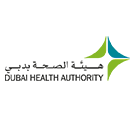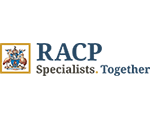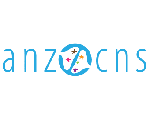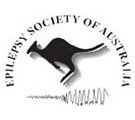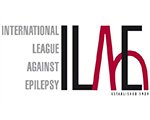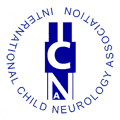Neuromuscular Services
Welcome to our specialized section on Neuromuscular Conditions, where we provide expert care and comprehensive information on disorders affecting the muscles and the nerves that control them. Led by Dr. Ubaid Shah, a distinguished pediatric neurologist in Dubai, our clinic is dedicated to helping children with neuromuscular disorders achieve improved health and quality of life.
Understanding Neuromuscular Conditions
Neuromuscular conditions encompass a wide range of disorders that impair the functioning of muscles, either directly, through primary muscle pathology, or indirectly, through nerve dysfunction. These conditions can be congenital or develop later in childhood, and they may lead to challenges in movement, breathing, swallowing, and overall physical activity.
Common Neuromuscular Disorders in Children:
- Muscular Dystrophies: A group of inherited diseases that weaken and break down skeletal muscles over time.
- Spinal Muscular Atrophy (SMA): A genetic disorder that affects the control of muscle movement.
- Congenital Myopathies: Disorders present at birth that cause muscle weakness and fatigue.
- Neuromuscular Junction Disorders: Such as Myasthenia Gravis, which disrupt the transmission of signals from nerves to muscles.
Symptoms of Neuromuscular Disorders
Symptoms can vary significantly depending on the specific condition but commonly include:
- Muscle Weakness
- Muscle Wasting
- Frequent Falls
- Difficulty with Ambulation
- Facial Weakness
- Difficulty Swallowing or Breathing
- Delayed Developmental Milestones
- Diagnosis of Neuromuscular Disorders
Early and accurate diagnosis is crucial for managing neuromuscular conditions effectively. Our clinic utilizes a combination of advanced diagnostic techniques, including:
- Genetic Testing: To identify specific mutations causing the disorder.
- Electromyography (EMG) and Nerve Conduction Studies: To assess the electrical activity of muscles and the health of nerves.
- Muscle Biopsy: To examine the structure and function of muscle tissue.
- Blood Tests: To measure enzymes and proteins that may indicate muscle damage.
Treatment and Management
While there is no cure for many neuromuscular disorders, treatment can significantly improve quality of life and functionality. Recent advancements in gene therapy have brought new hope to patients with certain conditions:
- Gene Therapy for SMA: Treatments such as Onasemnogene abeparvovec provide a one-time gene replacement therapy for children under two years old, which has been shown to promote the production of the motor neuron protein that is missing in SMA.
- Gene Therapy for DMD: Innovations like adeno-associated virus (AAV) mediated gene therapy aim to introduce copies of genes necessary for the production of muscle protein dystrophin, which is deficient in individuals with DMD.
Additional treatment plans may include:
- Physical Therapy: To maintain muscle strength and mobility.
- Medications: Such as immunosuppressants or enzyme replacement therapies, depending on the specific condition.
- Surgical Interventions: In some cases, to manage complications or improve function.
- Supportive Therapies: Including respiratory therapy or nutritional support to address symptoms like breathing difficulties and maintain overall health.
Our Commitment
At Dr. Ubaid Shah’s clinic, we are committed to providing a compassionate and integrated approach to the care of children with neuromuscular disorders. We work closely with families to develop individualized treatment plans that address the unique needs of each child.


